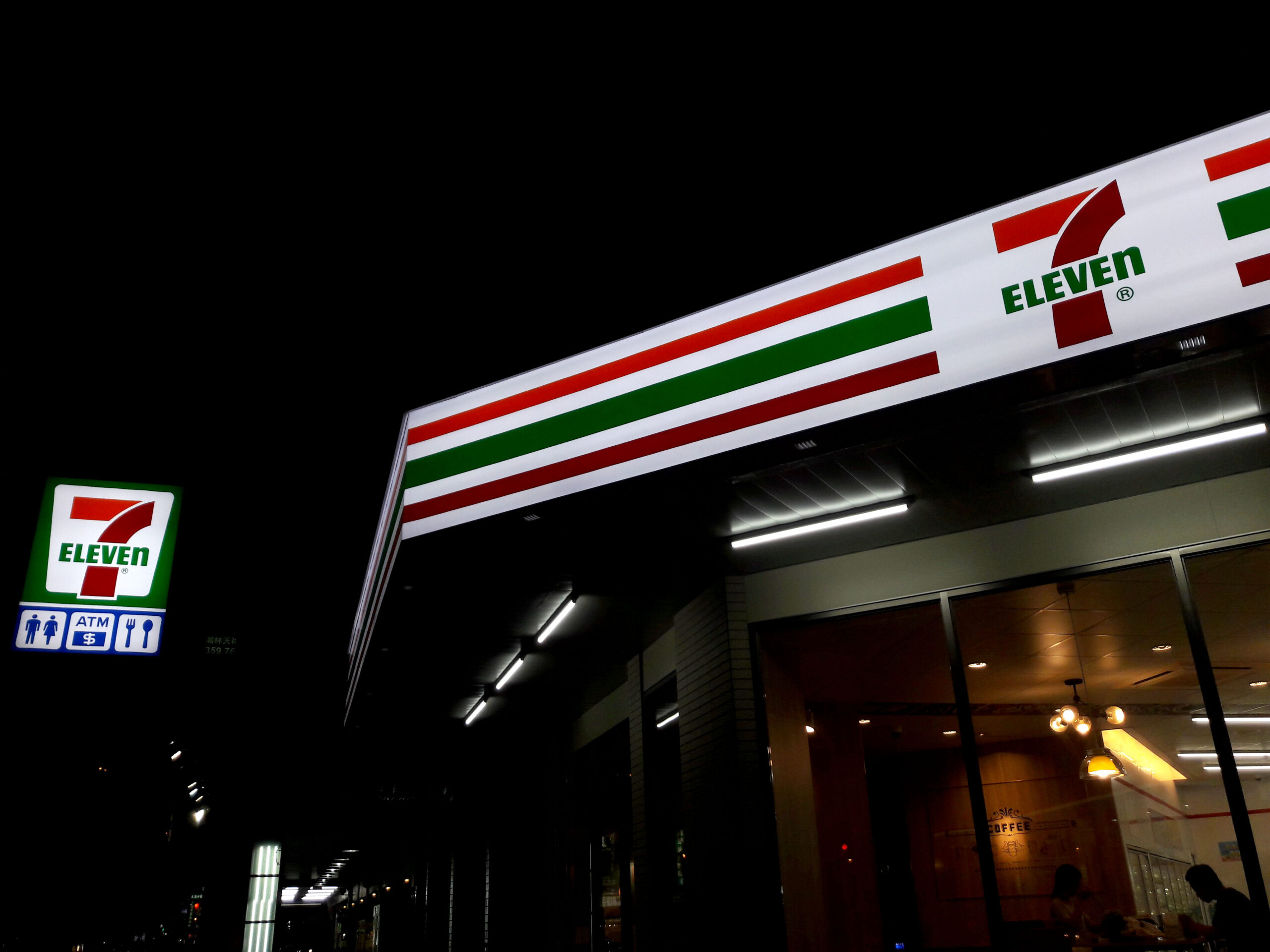Taiwan’s 7-Eleven Stores Transform Into Wartime Hubs

Taiwan is preparing to transform its 13,000 7-Eleven stores into wartime command centers in case China attacks, utilizing the convenience store network as a lifeline for essential supplies and communication.
At a Glance
- Taiwan’s government plans to convert 7-Eleven stores into emergency hubs during potential conflict with China
- The stores would stockpile rations, medical supplies, and serve as communication centers if internet services are disrupted
- Government information would be faxed to stores and displayed in windows for public viewing
- The plan leverages 7-Eleven’s existing role during past emergencies like earthquakes and the pandemic
- China has increased military drills near Taiwan while claiming the island as its territory
Strategic Repurposing of Convenience Stores
Taiwan’s extensive network of more than 13,000 7-Eleven convenience stores may soon serve a dual purpose as wartime emergency hubs. The Taiwanese government is developing contingency plans to convert these ubiquitous stores into centers for distributing essential supplies, providing medical assistance, and maintaining communications during a potential Chinese attack. This adaptation would transform everyday commercial spaces into critical infrastructure supporting civilian needs during a crisis, building on the stores’ existing community presence and supply chain capabilities.
The plan includes using these convenience stores to store rations and medical supplies while serving as emergency hotspots for communication if regular internet services are disabled. Government officials would transmit critical information via fax machines to these locations, with store windows becoming bulletin boards displaying official updates. This approach recognizes the vulnerability of modern communication networks during conflict and establishes a reliable alternative for disseminating vital information to the public.
Taiwan’s Ongoing Security Preparations
Taiwan’s president, Lai Ching-te, has established a high-level committee exploring various scenarios to enhance societal resilience against potential conflict. The committee includes senior cabinet members, national security ministers, NGOs, and business and religious figures. Through regular meetings and live drills, Taiwan’s leadership is systematically addressing vulnerabilities in crisis response capabilities, particularly focusing on food distribution and communication systems that would be critical during a blockade or military action.
The 7-Eleven strategy builds upon the stores’ proven effectiveness during past emergencies. During earthquakes and the COVID-19 pandemic, these convenience stores became vital distribution points for supplies and information. The government’s plan expands this role to address wartime scenarios where outside assistance would be cut off and domestic transportation and communication systems might face severe disruption. Security analysts note that while China may not yet have full-scale invasion capabilities, its military posture is steadily advancing.
Vulnerabilities and Challenges
Taiwan faces significant vulnerabilities that complicate its defense preparations. The island imports 97% of its energy supply and has limited strategic reserves, making energy security a critical concern during any blockade. Additionally, Taiwan’s communication infrastructure faces millions of cyberattacks daily from China, according to security experts. Unlike Ukraine’s access to Starlink satellite communications during conflict, Taiwan currently lacks similar alternative communication systems and is working to develop its own solutions.
Political division within Taiwan further complicates preparations. Opposition parties controlling the legislature have cut budgets for critical infrastructure, highlighting how domestic politics impact national security readiness. Taiwan’s media landscape is vulnerable to disinformation, with some outlets maintaining content-sharing arrangements with Chinese state media. These factors create significant challenges for maintaining social cohesion and accurate information flow during crisis – precisely when the proposed 7-Eleven network would need to function as a reliable information source.
Balancing Readiness and Daily Life
Taiwan’s leadership faces the delicate task of preparing citizens for potential conflict while maintaining economic stability and normal daily life. The committee leading these efforts aims to balance building confidence and supporting economic growth while raising appropriate awareness of potential threats. By incorporating existing commercial infrastructure like convenience stores into emergency planning, Taiwan is pursuing a pragmatic approach that integrates civil defense into everyday structures rather than creating separate systems that might alarm the population or strain resources.
The 7-Eleven wartime hub concept represents an innovative approach to civil defense that leverages existing commercial infrastructure rather than building separate systems. This strategy recognizes both Taiwan’s geographic limitations as an island and the practical benefits of using familiar locations that citizens already frequent daily. As tensions persist in the Taiwan Strait, with China conducting increased military drills nearby, these preparations reflect Taiwan’s determination to maintain sovereignty while establishing practical measures for civilian protection during potential conflict.












